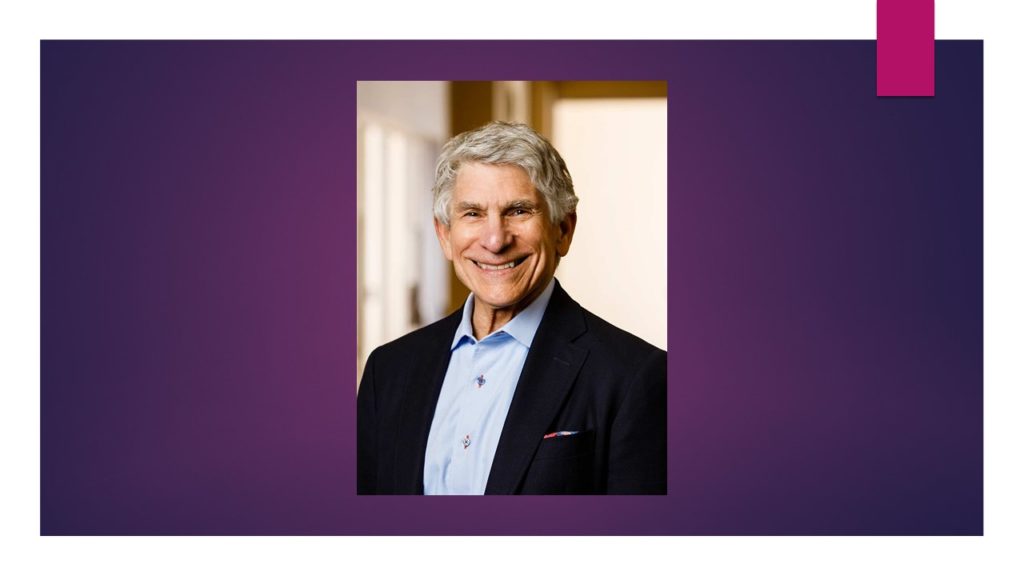This "Outside Consultant" column by Dennis Monroe, senior distinguished fellow at the University of St. Thomas School of Law, ran in the Star Tribune on Nov. 15, 2021.
There are several factors you need to take into consideration when selling.
Franchises are valued on a unit level based on free cash flow. For a national concept, a multiple is applied to that cash flow number. Let’s say the multiple is six times cash flow per unit. If your units are averaging $100,000, that would mean each unit would be worth $600,000. If the franchise is a service franchise or a lesser-known concept, that number may be a multiple of four, not six.
Your first potential buyer is your franchisor, because almost every franchise agreement gives the franchisor the right of first refusal. The franchisor also has an approval right for any buyer, so approaching other franchisees in the system who want to expand is a good place to start. The third source of buyers are franchisees of similar concepts.
The selling process is fairly straightforward: You will need an attorney to draw up the purchase agreement. In most cases it will be an asset sale versus a stock sale, and requires certain kinds of reps and warranties, ensuring your financials are true and correct.
Another consideration in a sale is your employees. You are obligated to pay out all owed benefits. If key employees have employment agreements or non-competes, reassure them that if they are not hired by the new franchisee, they will receive some kind of severance pay. In today’s world it’s unusual for a buyer not to keep as many employees as possible.
Be prepared to pay off all your liabilities, including your SBA loan. Look at your selling price as the cash you will receive after you pay off all your debts.
Tax is a major consideration, and the allocation of the purchase price is key. Certain assets qualify for capital gains taxed at a lower rate, while other assets, particularly ones that have depreciated, are taxed at a higher rate.
While the main responsibility when selling your franchised units falls to you, remember that the franchisor has an obligation to help you. After all, it is in their best interest to ensure that the transfer happens seamlessly, so that the customers keep coming.
Dennis Monroe is a senior distinguished fellow at the University of St. Thomas School of Law, and co-founder and chairman of Monroe Moxness Berg PA.







